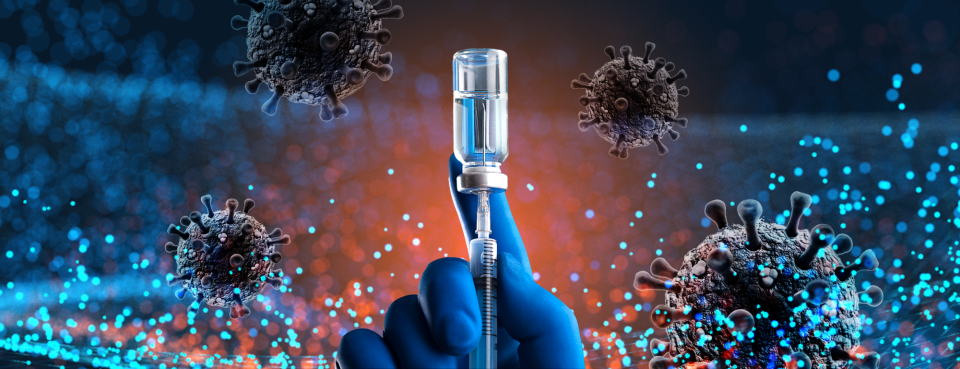
Advances in precision medicine may help transform Covid-19 booster shots from a community-wide effort to one that’s tailored to individual immune responses.
There’s no conclusive data that follow-up vaccinations will be necessary, but Pfizer Inc. and Moderna Inc. are studying the issue to stay ahead of variants. A key element that vaccine makers will need to pinpoint is the specific measurable marker in the immune system—called correlates of protections—that determines if a vaccine is still providing protection.
“It’s going to be really interesting, because we’re all different people,” Francis S. Collins, director of the National Institutes of Health, said Wednesday at the Biotechnology Innovation Organization’s annual conference.
“Those experiments are getting done right now for the Moderna and the Pfizer trial. So we’ll know pretty soon what is thought to be the most reliable correlate,” he said.
Traditionally, the need for booster shots stems from an evaluation of aggregate data to determine when the level of protection has waned to the point where additional vaccinations are necessary.
“But we’re pretty good now at switching from one-size-fits-all to individual information, what I might call precision medicine,” Collins said. “Do we need precision boosters, to basically have some individual analysis of your immune response to say whether it’s ready for a boost or whether you can take your time?”
He added that precision boosters “is potentially going to be part of the answer this time, but it hasn’t been before.”
It’s unclear whether the NIH is funding research on precision boosters for Covid-19 vaccines specifically. But research to apply precision medicine to vaccinations is ongoing. Boston Children’s Hospital has a precision vaccines program to classify individuals into subgroups based on how likely they are to contract certain diseases and how likely they are to benefit from vaccination.
Virus Variants
Antibodies levels appear to protect both against the original coronavirus strain and the variants six to eight months after the original vaccination, based on evaluation of clinical trial participants.
“That’s the good news. But the bad news is they are trending down,” Collins said.
The mRNA vaccines by Pfizer and Moderna appear to offer protection against the known variants of concern, although that level of protection may be somewhat diminished. Public health leaders have urged people to get both doses of the vaccine as quickly as possible both to protect themselves, their communities, and to help stop the spread of variants.
Pfizer CEO Albert Bourla has said a booster may be necessary between eight and 12 months after receiving the second dose of the Pfizer-BioNTech vaccine. Early results from a Moderna study released last month indicated a booster shot the company developed appears to protect against the Beta variant, which was first identified in South Africa.
Anthony S. Fauci, director of the NIH’s National Institute of Allergy and Infectious Diseases, said at a White House press briefing recently the agency is studying both variant-specific boosters and boosting against the wild type, which is the background strain that contains no major mutations.
“The higher your degree of immune response against the wild-type, the greater the secondary coverage you have against a wide array of variants,” Fauci said. “When you look at particularly the double doses—primary and boost of the mRNA vaccines, which we have the most data—there is rather good protection that spills over against multiple variants.”
The Link LonkJune 17, 2021 at 02:27AM
https://ift.tt/3cIMtZZ
NIH Chief Mulls 'Precision' Booster Shots Against Covid-19 - Bloomberg Law
https://ift.tt/2DVP6sH

No comments:
Post a Comment